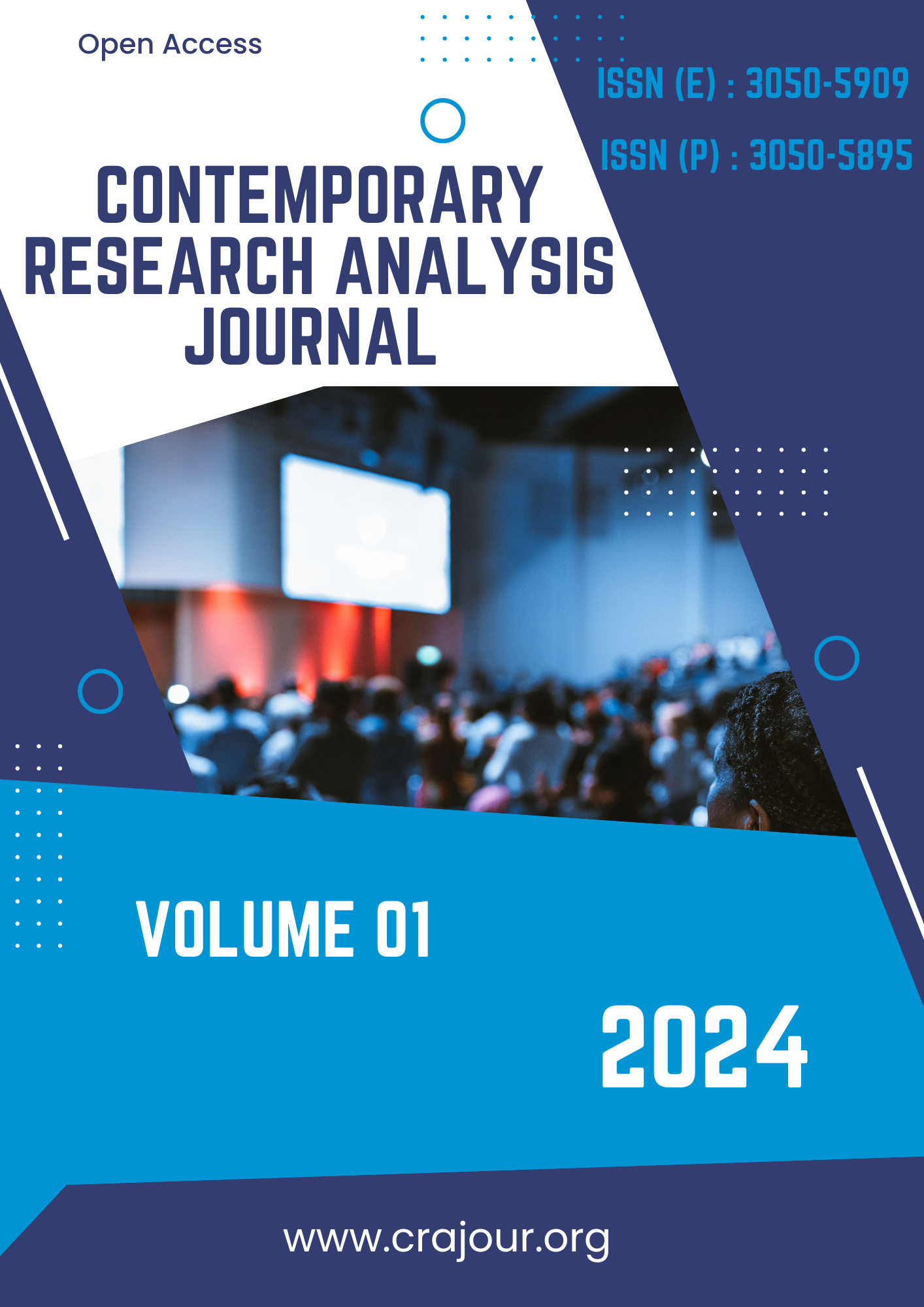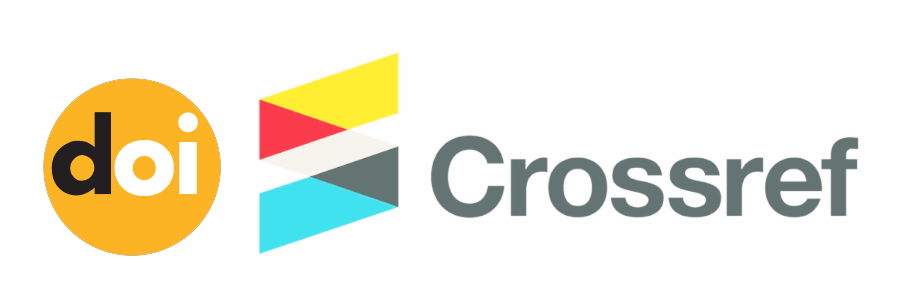Remedial Teaching to Improve Performance Among Hearing-Impaired Pupils: Insights from Selected Public Primary Schools in Dar es Salaam, Tanzania
DOI:
https://doi.org/10.55677/CRAJ/01-2024-Vol01I6Keywords:
Hearing Impairment, Remedial Teaching, Academic Performance, Inclusive Education, Sign Language, TanzaniaAbstract
This study examines the impact of remedial teaching strategies on the academic performance of hearing-impaired pupils in four public primary schools in Dar es Salaam, Tanzania. The research focuses on three key strategies: sign language demonstration, teaching media applications, and exploration-based learning methods. Utilizing a mixed-methods approach, data were collected from 124 participants, including pupils, teachers, school heads, and parents. The findings reveal that while remedial teaching significantly improves engagement, retention, and academic performance, systemic challenges such as resource shortages, insufficient teacher training, and low parental involvement hinder its full potential. Drawing on Cognitive Development Theory, Vygotsky's Zone of Proximal Development, and Human Capital Theory, this study offers theoretical insights and practical recommendations. Key interventions include enhanced teacher training, resource investment, and greater parental engagement to ensure inclusive and equitable education for hearing-impaired pupils.
References
Adoyo, P. O. (2007). Educating deaf children in an inclusive setting in Kenya: Challenges and considerations. Electronic Journal for Inclusive Education, 2(2), 1–14.
Becker, G. S. (1994). Human capital: A theoretical and empirical analysis, with special reference to education (3rd ed.). University of Chicago Press.
Chansa-Kabali, T., Serpell, R., & Phiri, M. (2019). Enhancing the learning outcomes of children with disabilities in Zambia through interactive pedagogy. African Journal of Educational Studies, 14(3), 45–61.
Masabo, S., Chacha, G., & Mwinuka, A. (2017). Parental engagement and student success in Tanzanian primary schools: An empirical study. Education and Society, 15(3), 67–83.
Oyeniran, O. S., & Uwamahoro, J. (2017). The impact of free primary education on learning outcomes in rural Indonesia. Asian Journal of Education Studies, 5(1), 45–61.
Piaget, J. (1952). The origins of intelligence in children. International Universities Press.
Senkoro, F. S. (2020). Exploring the role of parental involvement in primary education under Tanzania’s fee-free education policy. Tanzania Educational Review Journal, 13(1), 32–48.
Shukia, N. R. (2020). Hidden costs of education: The overlooked challenges of Tanzania’s fee-free policy. Tanzanian Journal of Development Studies, 18(3), 48–61.
UNESCO. (2016). Education for all: Global monitoring report 2015. United Nations Educational, Scientific and Cultural Organization.
Vavrus, F., & Moshi, G. (2009). The impact of education policy reforms on school outcomes in Tanzania: A critical analysis. Comparative Education Review, 53(4), 503–528.
Vygotsky, L. S. (1978). Mind in society: The development of higher psychological processes. Harvard University Press.
World Health Organization (WHO). (2021). Deafness and hearing loss. https://www.who.int/news-room/fact-sheets/detail/deafness-and-hearing-loss
Downloads
Published
Issue
Section
License
Copyright (c) 2024 Contemporary Research Analysis Journal

This work is licensed under a Creative Commons Attribution 4.0 International License.



